Fear is associated with the water element in TCM
Fear is part of the palette of human emotions. It manifests when the situation eludes us, when we have, or think we have, no more control. Physiologically, it corresponds to a strong release of adrenaline, resulting in an increase in blood pressure and pulse.
In other words, fear is a consequence of the analysis of danger which allows the subject to flee from it or to fight it. By extension, the term can also designate apprehension linked to unpleasant situations.
There are two types of fear: external fear and internal fear.
- External fear is a reaction to an external situation that the individual seeks to avoid.
- Internal fear is an internal fear connected to an often negative emotion (eg, low self-esteem).
Fear takes different forms depending on how an individual feels and describes it. This can range from being cautious to extreme paranoia. Fear therefore includes different emotional and cognitive states including worry, anxiety, terror, horror, panic and fear.
Chinese medicine and fear
In TCM, fear or anxiety is directly linked to the kidneys. This state, if prolonged or persistent can seriously harm daily life.
In TCM, the lower back is the Palace of the Kidneys. So the kidney void is the root of all low back pain. Most of the time, all the energetic imbalances of the Kidney are manifested, among other things, by pain in the lower back and knees.
In TCM, we talk about the Kidney to speak of the organ made up of a yin kidney and a yang kidney, but also of the whole of the functions of this pair of organ. The Kidney governs birth, growth, development, aging processes and reproduction. It is on him that sexual functions and fertility rest. We owe him the endurance, the will, the energy we have.
The Kidney assumes the energy management of the body and the balance between Yin and Yang. The Kidneys also control the bladder and anal sphincters. Fear will cause qi down, causing kidney disease. Therefore intense fear can cause urinary or anal incontinence.
Kidney void (or kidney energy void)
A person’s kidney vacuum can manifest as the following symptoms: poor willpower, dental problems, hair loss, brittle bones, fluid retention or edema, urinary problems (leaks, incontinence …) reduced hearing …
Kidney emptiness can be caused by repeated physical exertion, overwork, old age, sexual excess in men, close pregnancies.
Fullness of the Kidney (or excess energy of the Kidney)
In case of excess energy of the Kidney, we will notice in a person a great recklessness, an exacerbated sexual excitement, night sweats, heat in the soles of the feet and the palms of the hands, insomnia.
How to get strong kidneys
- Sleep
The kidneys, like batteries, recharge between 10 p.m. and 4 a.m. Lack of sleep during these hours inevitably results in a weakened kidney.
- Eat properly.
Certain foods strengthen the kidneys such as soy, duck, dried beans, lentils, nuts and dried fruits, oysters, sea shrimp, vegetables or roots (carrot, potato, turnips, etc.), apples, pears.
- Hydrate properly.
Drink fluids such as water or unsweetened fruit juices regularly and in reasonable quantities. All drinks not exceeding 1.5 liters on average per day. - Move.
Here we can distinguish two kinds of activities. : intense activities causing a high heart rate, and more meditative activities such as tai qi or qi gong. The latter are highly indicated because they allow the qi to circulate freely, thus protecting the body from external attacks. - Avoid chemical drugs.
See article on drugs harmful to the kidneys

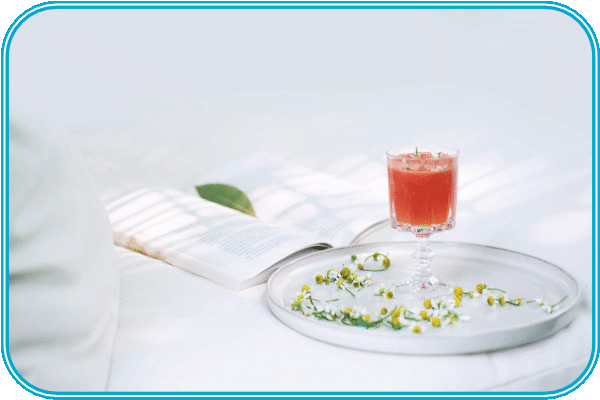
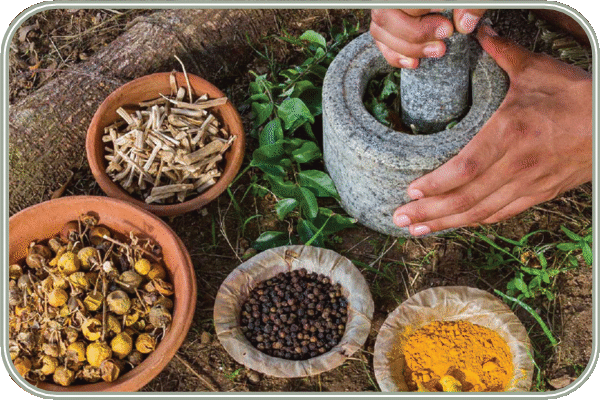

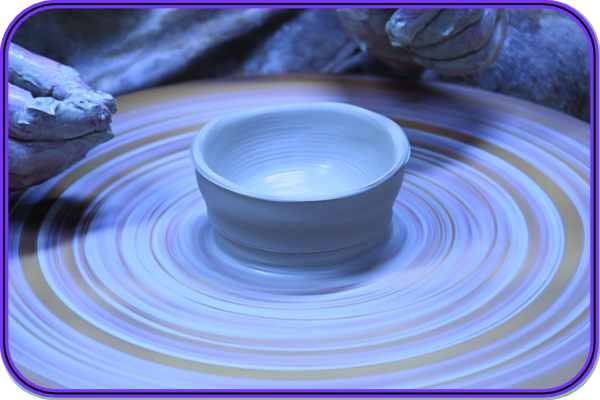
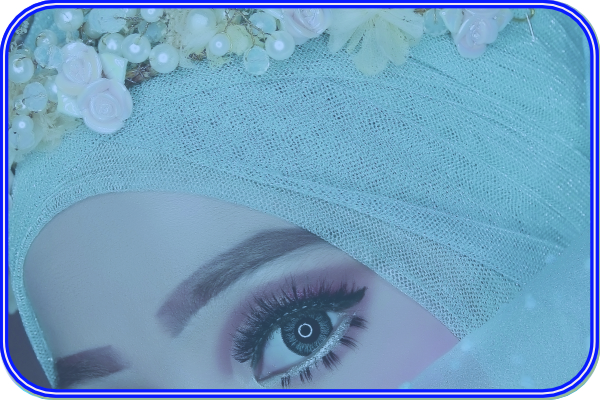
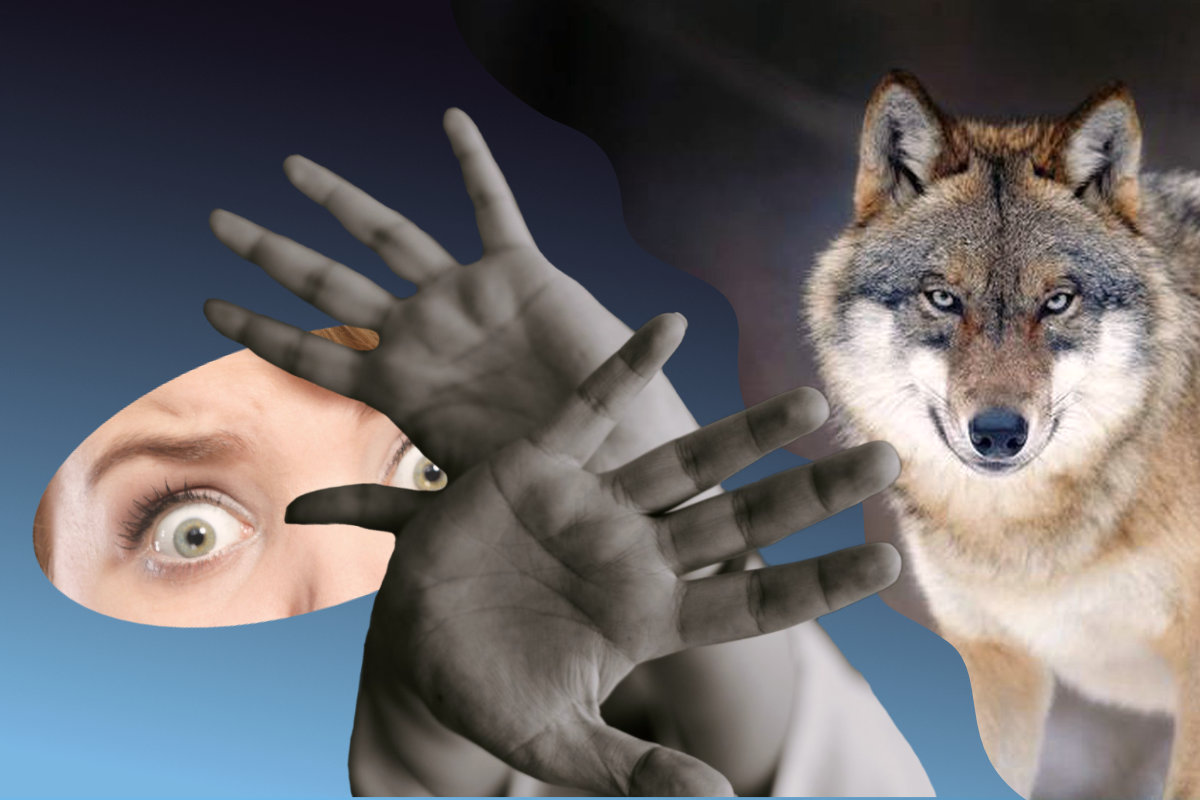
0 Comments